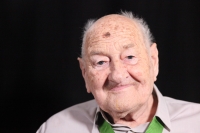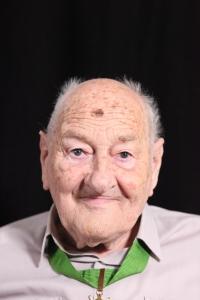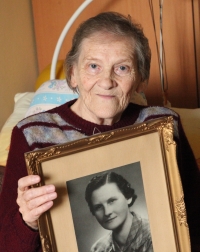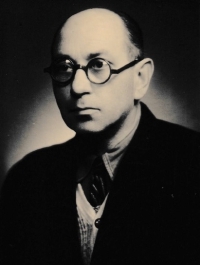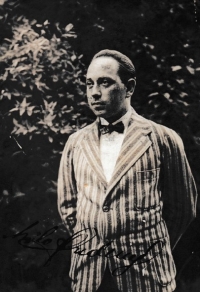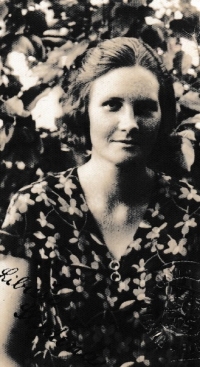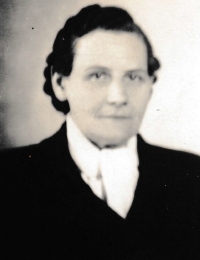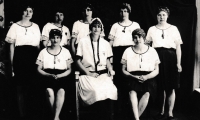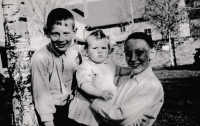Scouts had their laws – they swore loyalty to their homeland, not the Soviet Union as pioneers
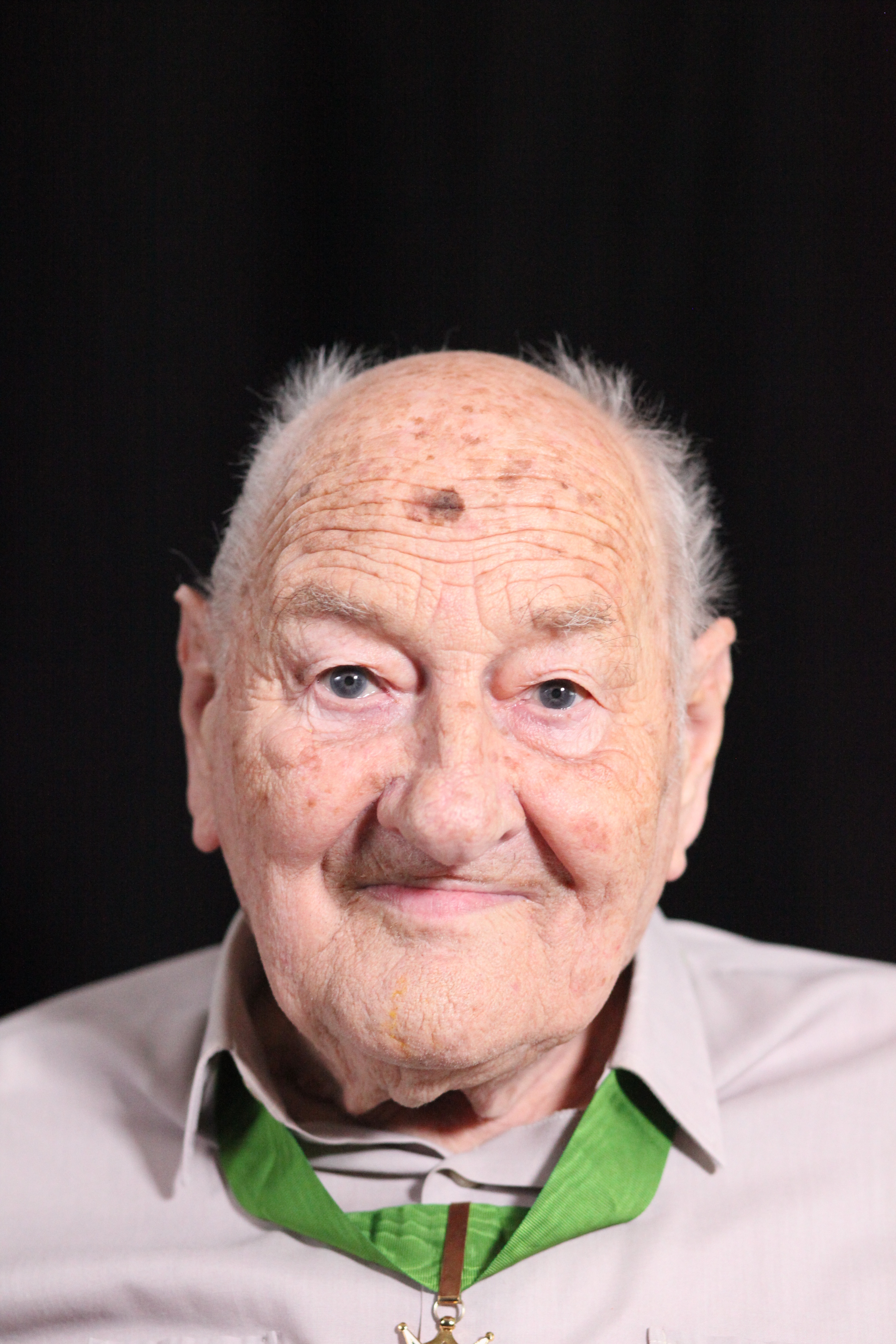
Download image
Lubomír Studený was born on 13 September 1927 in Olomouc, however, during his childhood, he and his parents lived in Čejkovice near Hodonín. His mother Libuše and his father Miloslav worked there as teachers at the local Masaryk school; his mother was the local chief of Sokol. Lubomír grew up with two brothers and his youngest sister Miloslava was born towards the end of the war. The witness inclined to spiritual service, so he started to study at a grammar school in Hodonín. However, he left the school in his fourth year, already during the Protectorate – it was too difficult for him to study Latin and Greek in the newly introduced German language. He found a job as an apprentice in a shop but was soon after summoned to Zlín Gestapo. Because he was not of age yet, he could not do forced labour for the Reich, however, he came in handy for the Reich Labour Service. He together with other schoolmates found themselves at first in occupied borderland – near Poštorná in the area of Břeclav, later in Wiener Neustadt. The workload was the same – digging anti-tank trenches. He spent the last months of the Second World War as a soldier of the Red Army of Marshal Malinovsky’s 2nd Ukrainian Front in Moravia, and he also lived through the liberation in Břeclav (16 April 1945). After the war, he joined Junák and organized camps in Prostřední Bečna in Moravian Wallachia. He remained a scout leader even after its ban and he continued to lead scouts illegally. He did his basic military service in Šumperk and Pobořany near Žatec from 1949 to 1951. At the same time, he witnessed the liquidation of the monastic library of Premonstratensians in Teplá. In the 1950s, he worked as an educator in the hall of residence of a vocational school in Kynšperk nad Ohří. He was arrested and taken into custody in Brno–Bohunice in 1962 because of his activities in a secret order and illegal scout troop and because he was in touch with priests and spread forbidden catholic literature. He was sentenced together with other scouts Jiří Pořízka and Miroslav Kalivoda. He spent three years of formerly four-year-punishment mainly in Valdice and he spent some time in Plzeň-Bory where he also went into solitary confinement. He was released in 1965, however, he kept contributing to the spreading of Christian literature including scarce Bibles. At the time of the second and third restoration of Junák, he took part in the restoration of scouting, and he was honoured in 1989 for it. In the 1950s, he became a member of The Knightly Order of St. Wenceslas; he joined The Dominican Order when imprisoned in Valdice and he joined The Military and Hospitaller Order of Saint Lazarus of Jerusalem in 1990. After 1989 he served as regional chairman of Junák in Olomouc and chairman of the district organisation of the Confederation of Political Prisoners. He also became an honorary member of the Velen Fanderlik´s Scout Troop and in 2008 he received the award of the city of Prostějov for lifetime merits for scouting. In 2014 he was also awarded by the Ministry of Defence - he received a commemorative badge for a participant of resistance against communism. He lived in the Home of the Holy Cross in Kroměříž in 2023.
